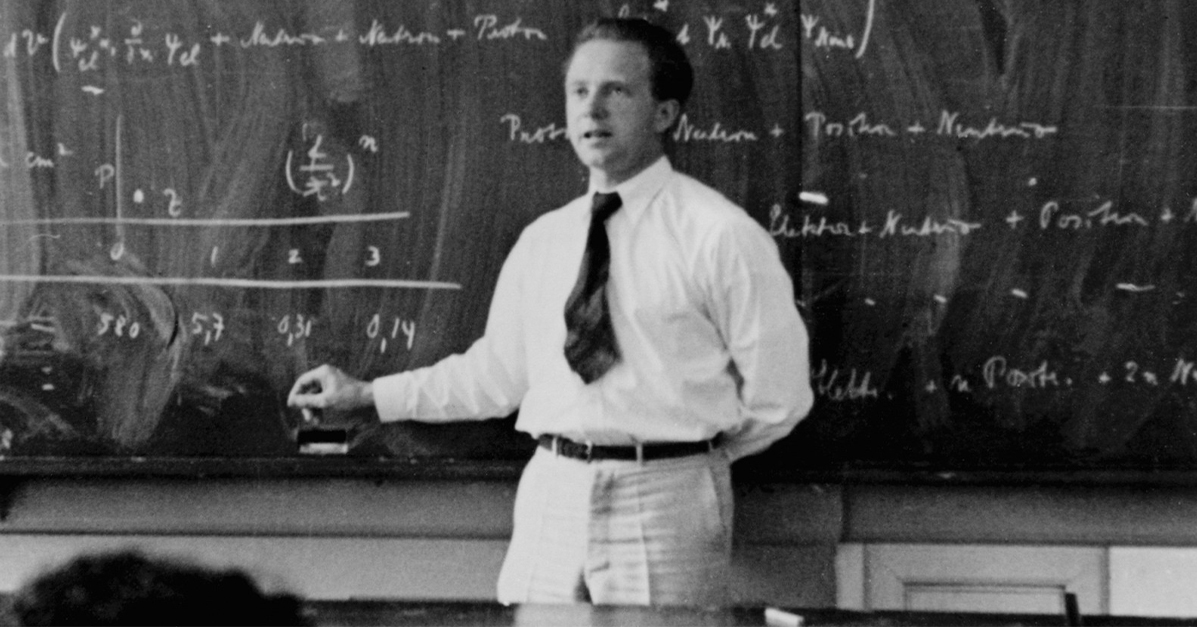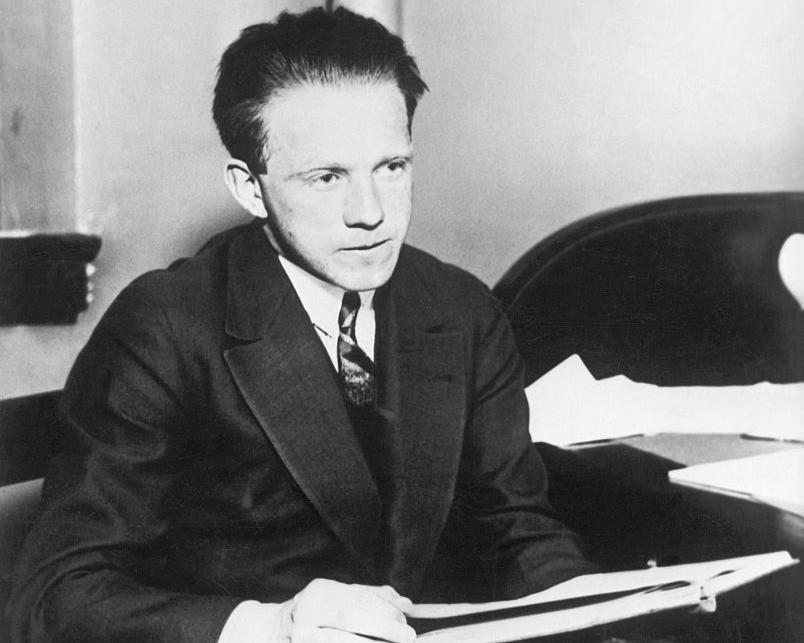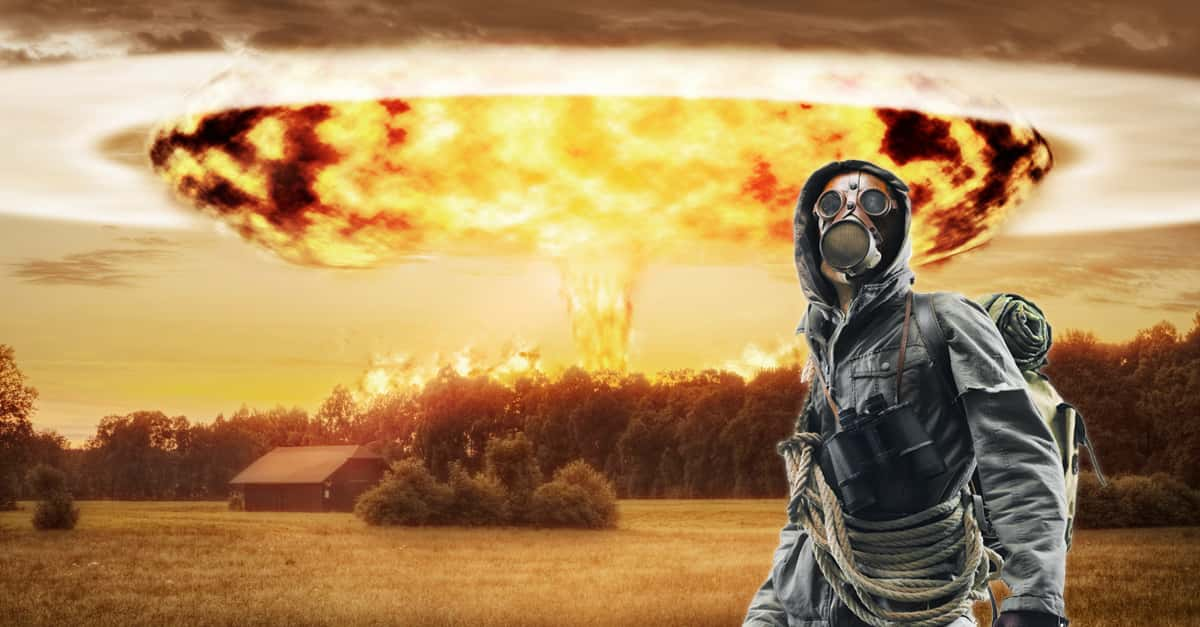Werner Heisenberg, one of the greatest physicists of the 20th century, played a central role in Germany’s atomic bomb program during WWII. But a scientific mistake he made effectively derailed Germany’s plans. Whether it was intentional or not is uncertain, but Heisenberg’s error was a pivotal reason why the Germans never developed an atomic device.
Critical Mass Error
Heisenberg’s key error involved miscalculating the critical mass of uranium-235 needed to sustain a nuclear chain reaction. He vastly overestimated the amount required, suggesting it would take tons of enriched uranium when, in reality, only about 50 kilograms was necessary. This mistake led German leadership to believe that building a nuclear device was impractical during wartime.
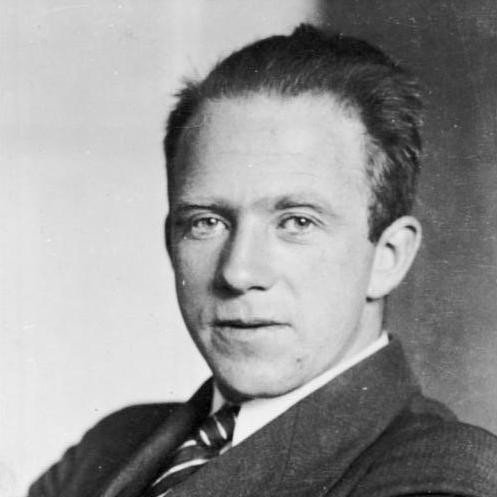 Unknown authorUnknown author, Wikimedia Commons
Unknown authorUnknown author, Wikimedia Commons
Shifting Focus To Nuclear Reactors
Because of Heisenberg’s incorrect assessment, the German atomic program shifted focus from developing arms to constructing a nuclear reactor. Heisenberg and his team believed that creating a sustained nuclear reaction for energy production was more achievable. This diversion spared the Allies from facing a German atomic weapon on the battlefield.
Lack Of Industrial Commitment
Heisenberg’s miscalculation gave German officials the impression that nuclear weapons were a distant, theoretical goal. As a result, the regime never committed the vast industrial resources needed for uranium enrichment or plutonium production—resources that the US dedicated to the Manhattan Project. The scientists themselves were extremely reluctant to request the necessary manpower and resources from the authoritarian government. This hesitation critically delayed any potential progress.
The Farm Hall Transcripts
After the war, Heisenberg and other German scientists were detained by the Allies at Farm Hall in England. Secret recordings revealed that when news of Hiroshima reached them, Heisenberg initially didn’t understand how the Americans had succeeded. His conversations exposed his flawed grasp of the device’s design and critical mass calculations.
Speculation Of Deliberate Sabotage
Some historians and contemporaries speculated that Heisenberg was morally opposed to giving Germany nukes, and may have deliberately exaggerated the difficulty of building one. However, most evidence suggests that his error was genuine—a product of incomplete understanding and cautious scientific judgment rather than covert resistance.
Impact On The Course Of The War
Heisenberg’s mistake changed the course of history. Without a viable atomic program, Germany was denied a potential superweapon that could've changed the outcome of WWII. The Allies maintained a decisive technological advantage, culminating in the US deployment of atomic devices in Japan while Germany surrendered without ever developing similar capabilities.
Heisenberg’s Post-War Reputation
After the war, Heisenberg’s role in the failed German atomic program became a subject of scrutiny. He avoided prosecution due to the non-weaponized nature of his work, but his scientific reputation was clouded by questions of competence and intent. Some viewed him as a scientist who blundered; others saw a man who subtly resisted tyranny.
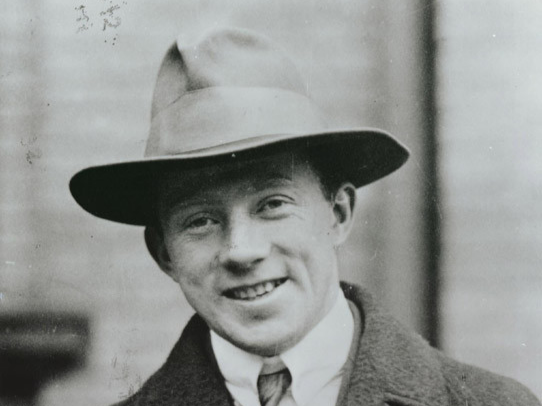 Unknown authorUnknown author, Wikimedia Commons
Unknown authorUnknown author, Wikimedia Commons
The Limits Of Genius
Despite his mistake, Heisenberg remained a towering figure in physics, best known for his Uncertainty Principle. His failure in the atomic project goes to show that even the greatest make mistakes. Complex theoretical work carried out under political pressure and wartime scarcity can lead to serious errors with far-reaching consequences.
A Fortunate Misstep
Werner Heisenberg’s miscalculation regarding critical mass was a scientific blunder with serious strategic implications. Whether due to error or ethical restraint, his mistake stalled Germany’s nuclear ambitions. In hindsight, the error became a fortunate twist of fate—sparing the world from the terrifying prospect of the Third Reich obtaining an atomic device.
You May Also Like:
How Many Of These Cold War Trivia Questions Can You Answer?
Cringe-Worthy Facts About The Biggest Mistakes In History

